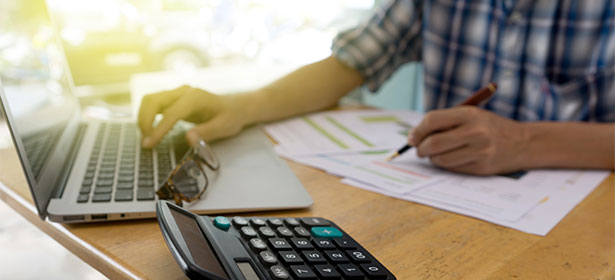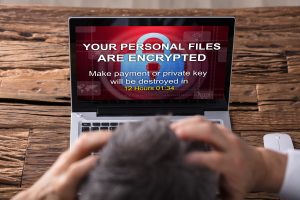Every UK citizen must pay income tax on earnings from employment that surpass their Personal Allowance. For instance if you earn £15,000 per annum and have the standard Personal Allowance of £11,000, then you must pay tax on £4,000. The same rules apply whether you are employed by a company or are self-employed, but those who work for themselves have the responsibility to declare their earnings and pay their tax bill before a set date.
What is a self-employed tax return?
A self assessment tax return put in place by HMRC to work out how much tax needs to be collected from a person who is self-employed in the UK. Since tax is not automatically deducted from one’s wages, self-employed earnings and profit need to be reported by law. However, if you are employed but also earn an income from freelance work or other paid activities, you will still need to complete a self assessment tax return, so that the government knows how much additional tax (if any) you need to pay, or whether you are entitled to a tax refund.
Who can be described as self-employed?
There are strict rules in place when it comes to self-employed working. Generally, if you provide a service or a product in return for money and/or you have people working for you, then you will need to complete a self assessment tax return. Even those who regularly buy and sell items on auction sites such as eBay can be considered as self-employed. So, if you’re unsure whether or not you are classed as self-employed, it is advisable to contact HMRC or your accountant.

How to complete a self-employed tax return
HMRC sets a deadline for those submitting records of their self-employed earnings. If you are planning to submit this information online, then the deadline for a self employed online tax return falls on the 31 January of each year. You’ll need to give a detailed account of any earnings from the previous tax period (April to April) so that you can pay the right amount of tax, or you will be fined £100. The longer the delay in submitting your tax return, the worse the punishment gets. Many self-employed workers choose to hire an accountant or accountancy firm to help them submit their details correctly and on time.
Other things to consider when you become self-employed
If your circumstances change, for example, you start or stop being self-employed, it is wise to contact HMRC to let them know about this change. This allows them to adjust your tax code accordingly, and makes sure they aren’t left waiting for a tax return when one isn’t required. It is also recommended that you research Personal Allowances to be certain of how much you can earn, before you are required to pay income tax. Any reputable accountancy practitioner will be able to guide you through the process and answer any queries you might have concerning your self-employed tax return.




